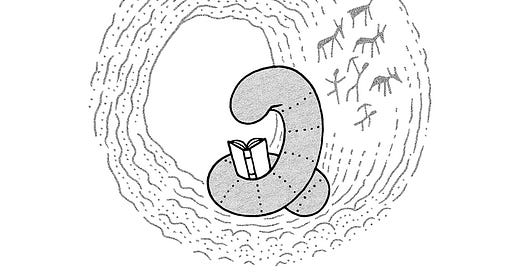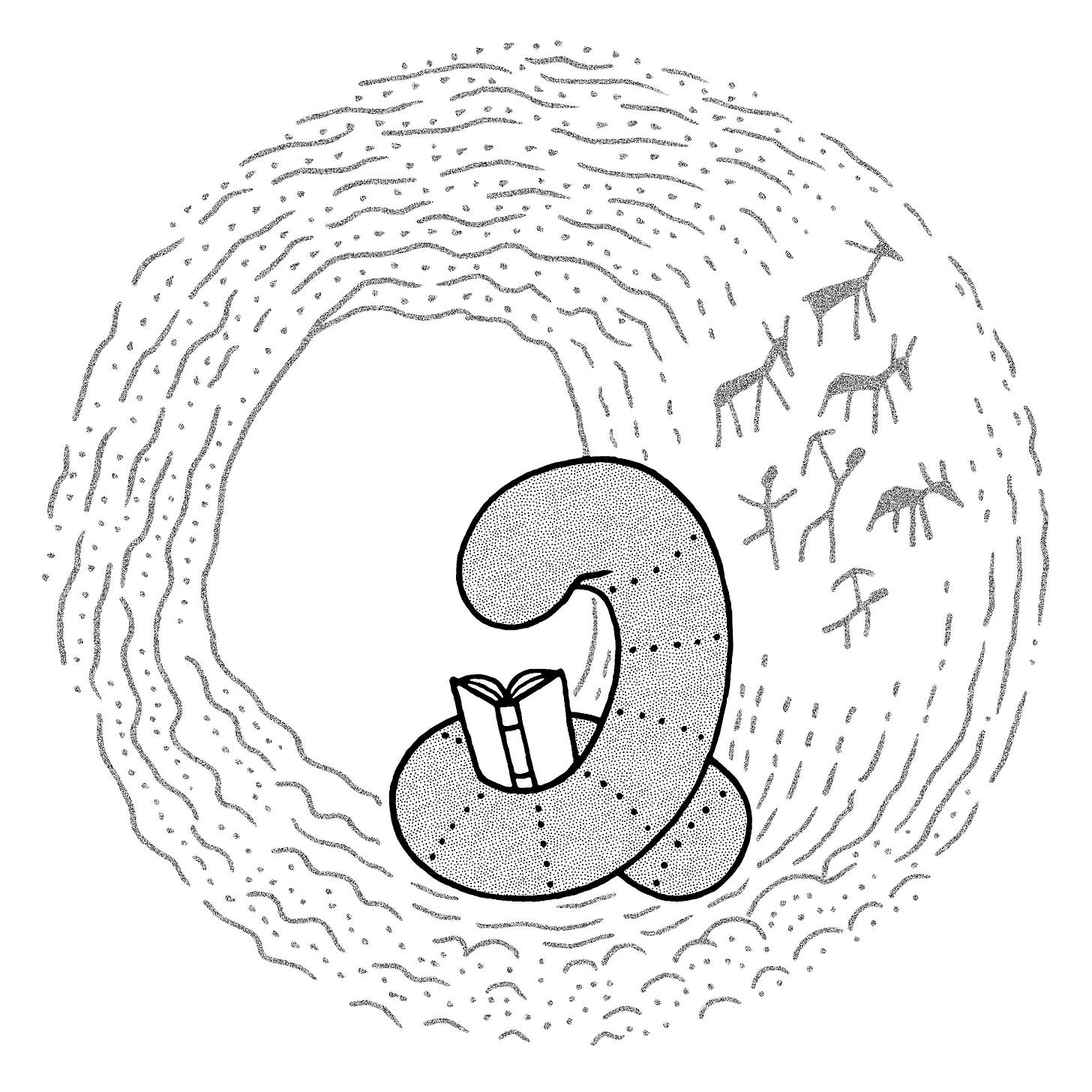Bookworm, no. 71
Caroline Noël reviews Fawn Parker’s “Hi, It’s Me.” Zachary Thompson on “A National Awakening,” edited by Joyce Wayne. The best in Canadian studies. Inside the December issue.
Like Mother, Like Daughter
Hi, It’s Me
Fawn Parker
McClelland & Stewart
352 pages, softcover, ebook, and audiobook
With Hi, It’s Me, Fawn Parker chronicles the mournful, disorienting day her mother died. Chapters punctuate each hour, as the novel—a fictionalization of true events—reveals how suffering distorts reality.
In the spring of 2019, Fawn drives from …
Keep reading with a 7-day free trial
Subscribe to Bookworm to keep reading this post and get 7 days of free access to the full post archives.





